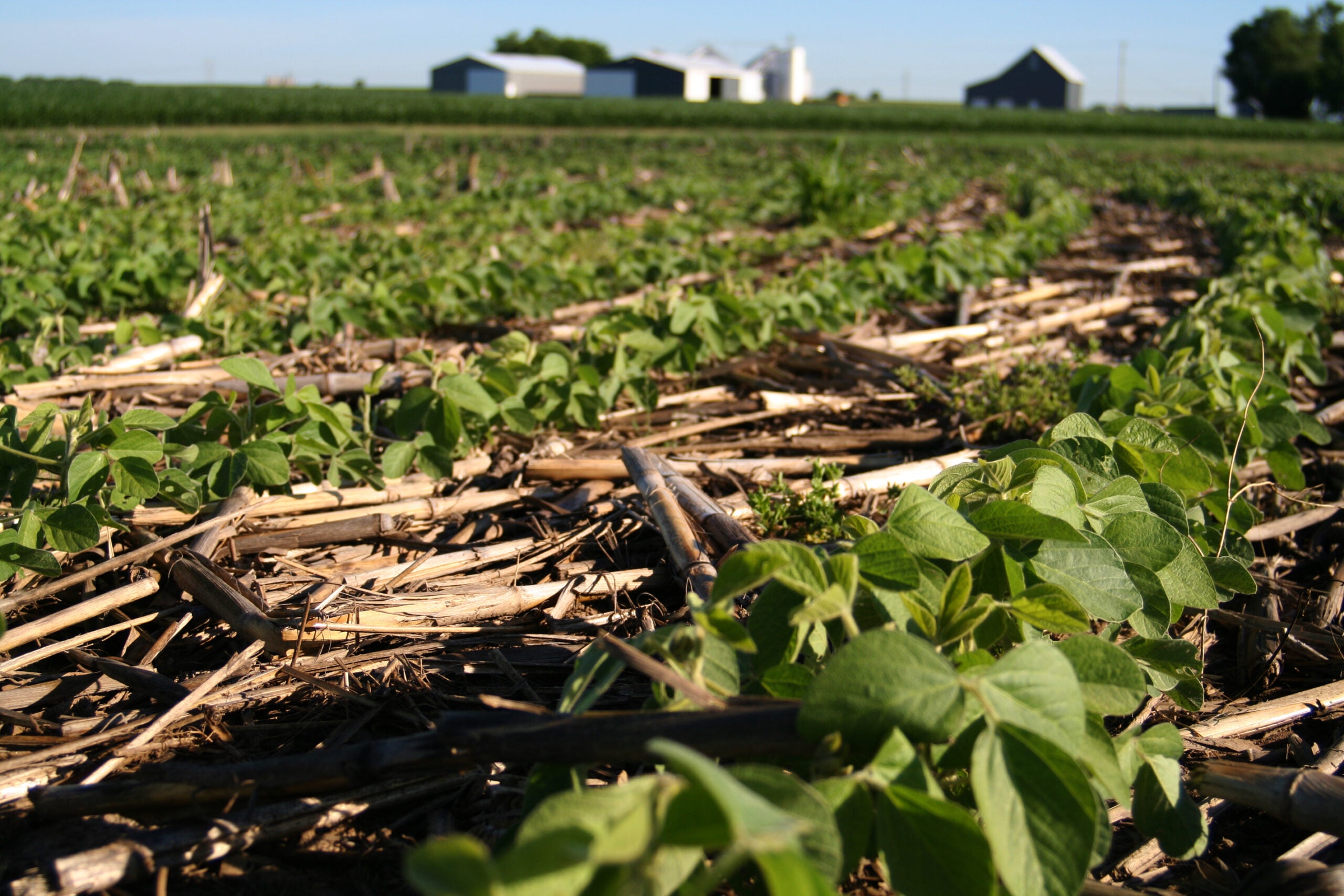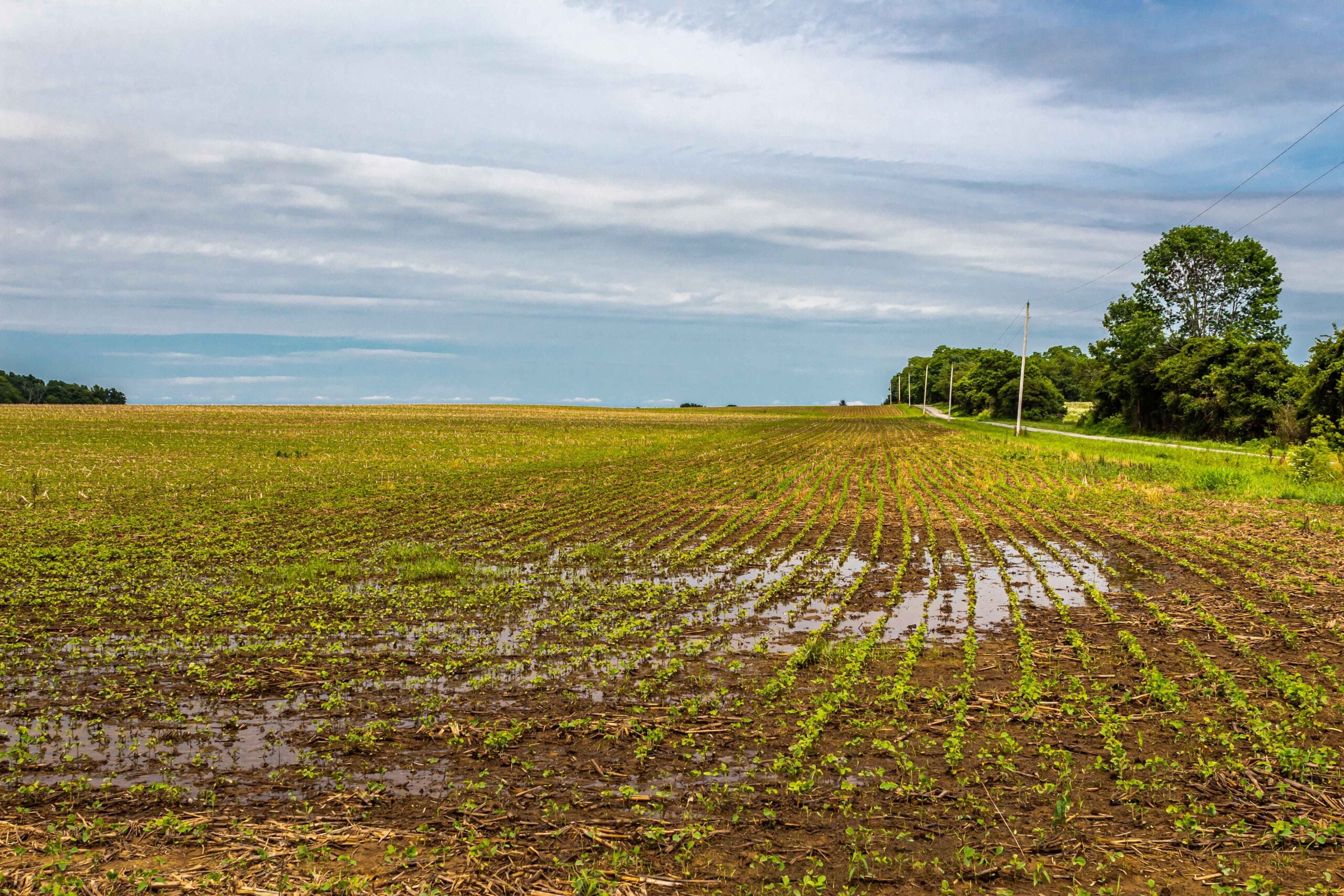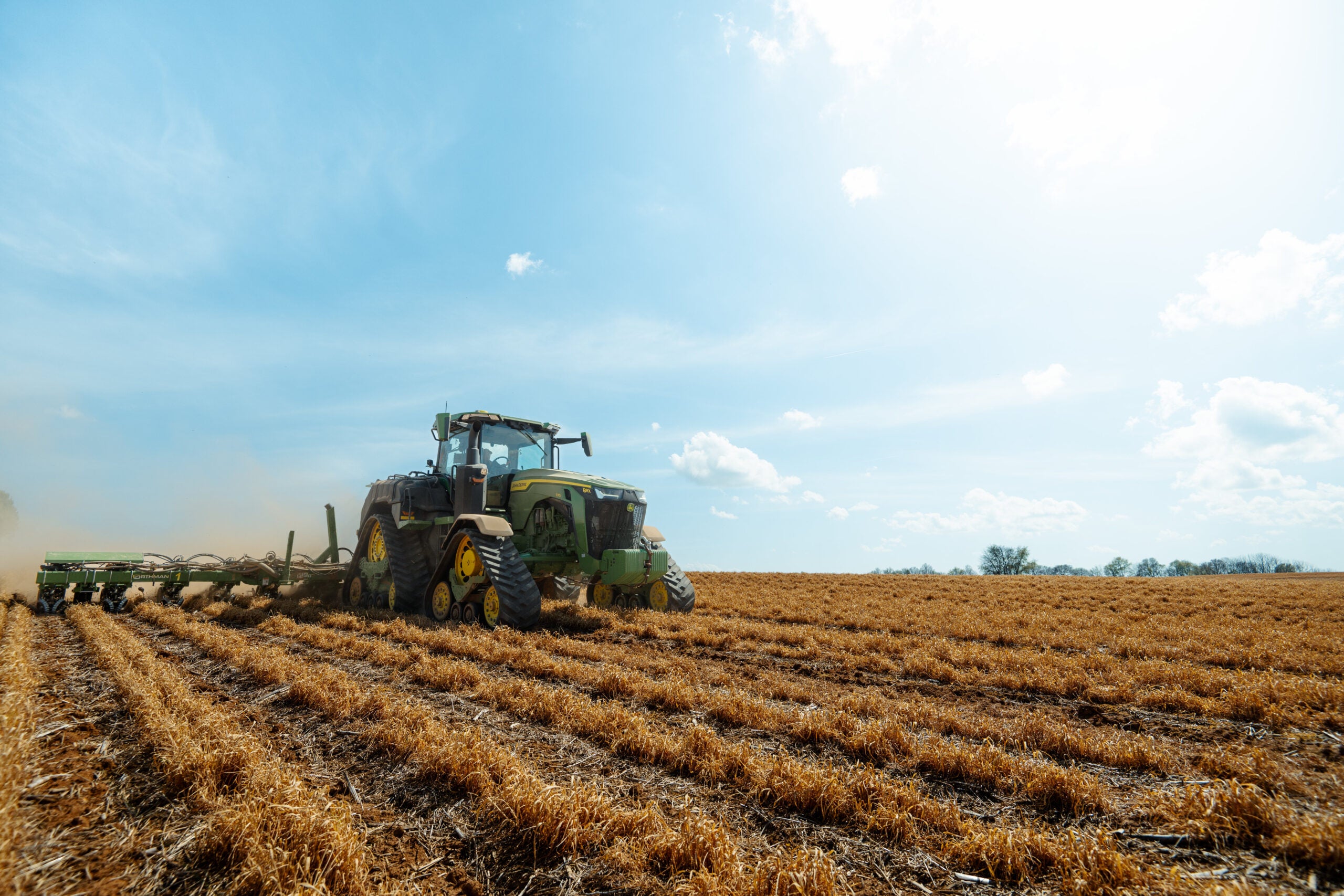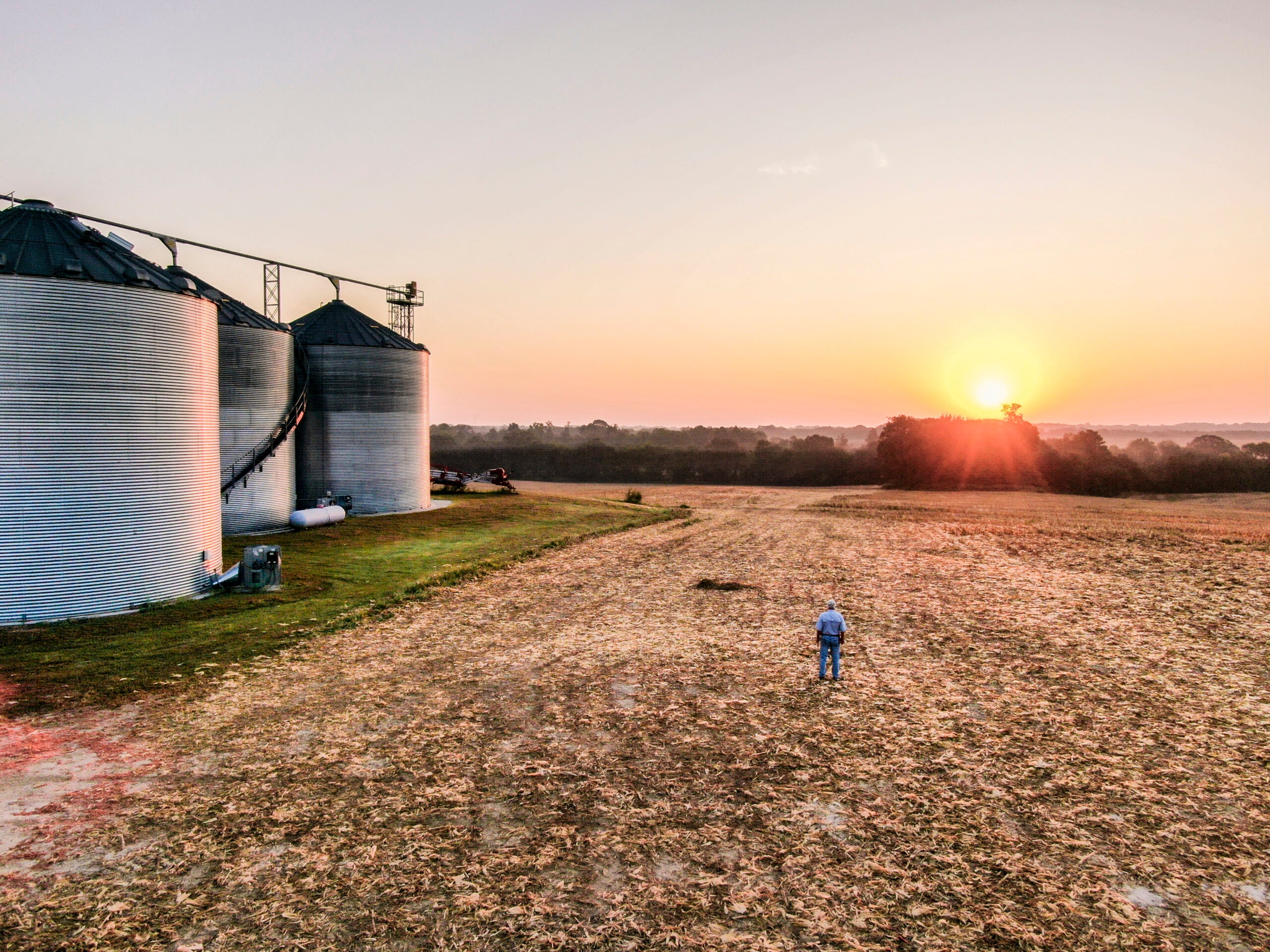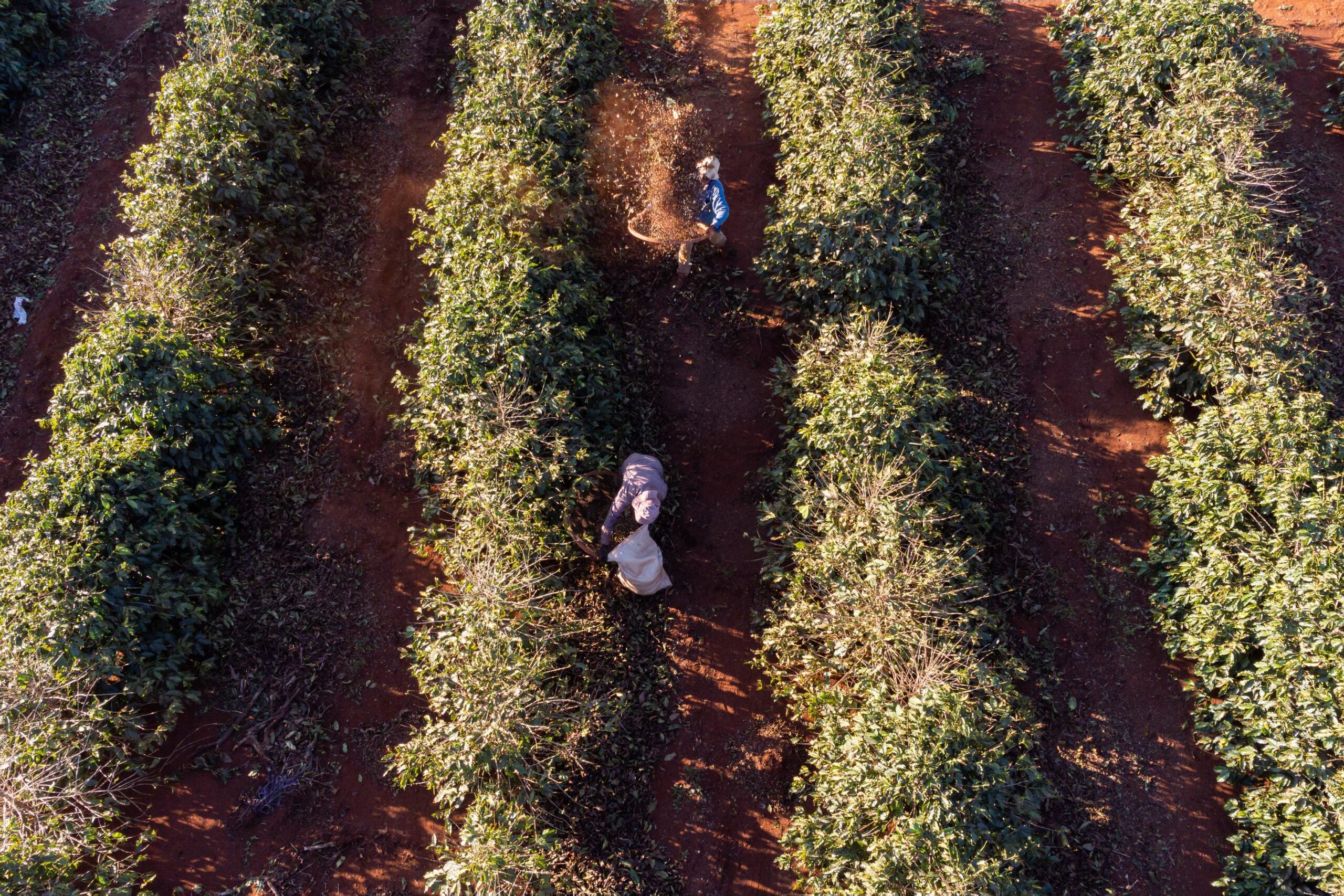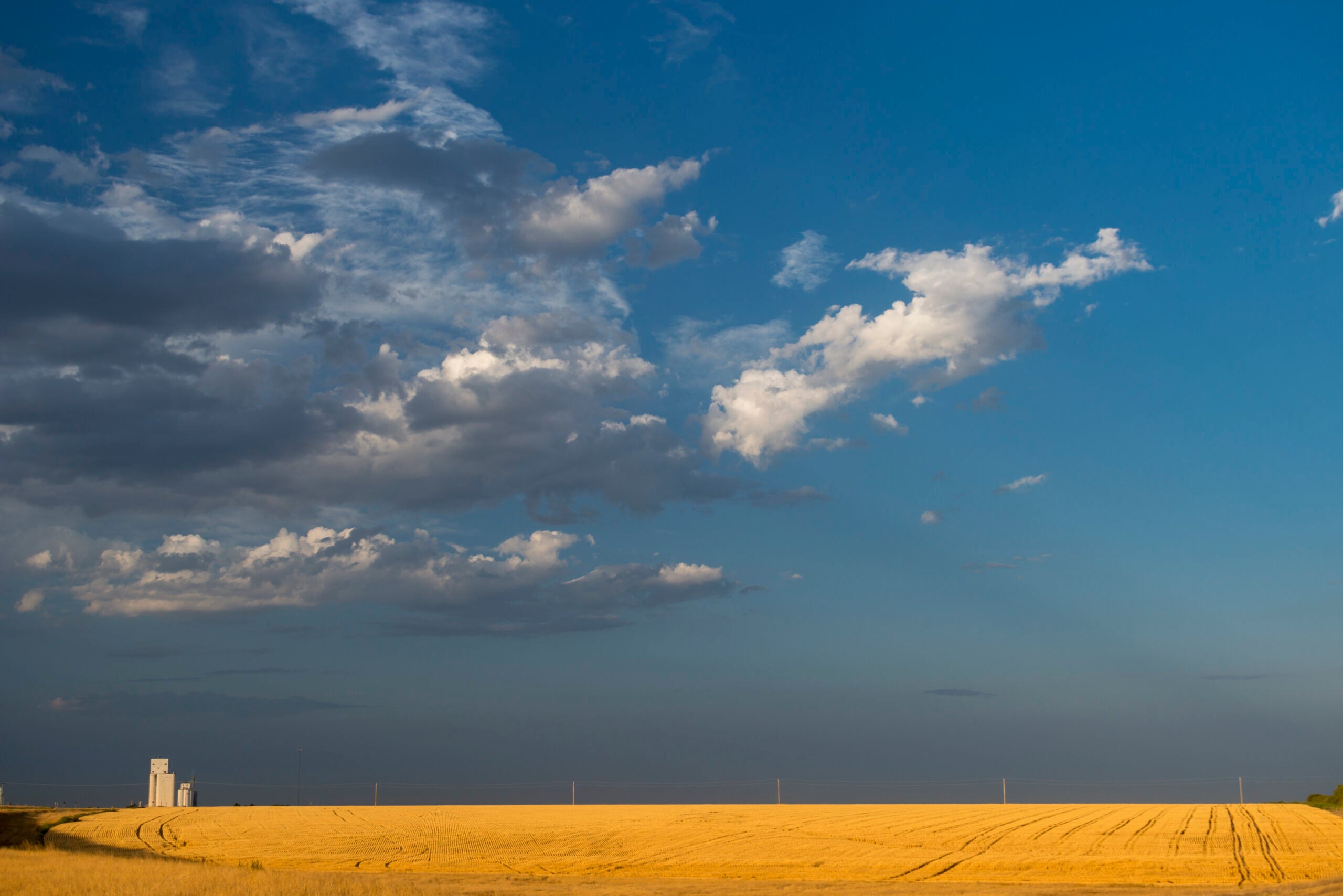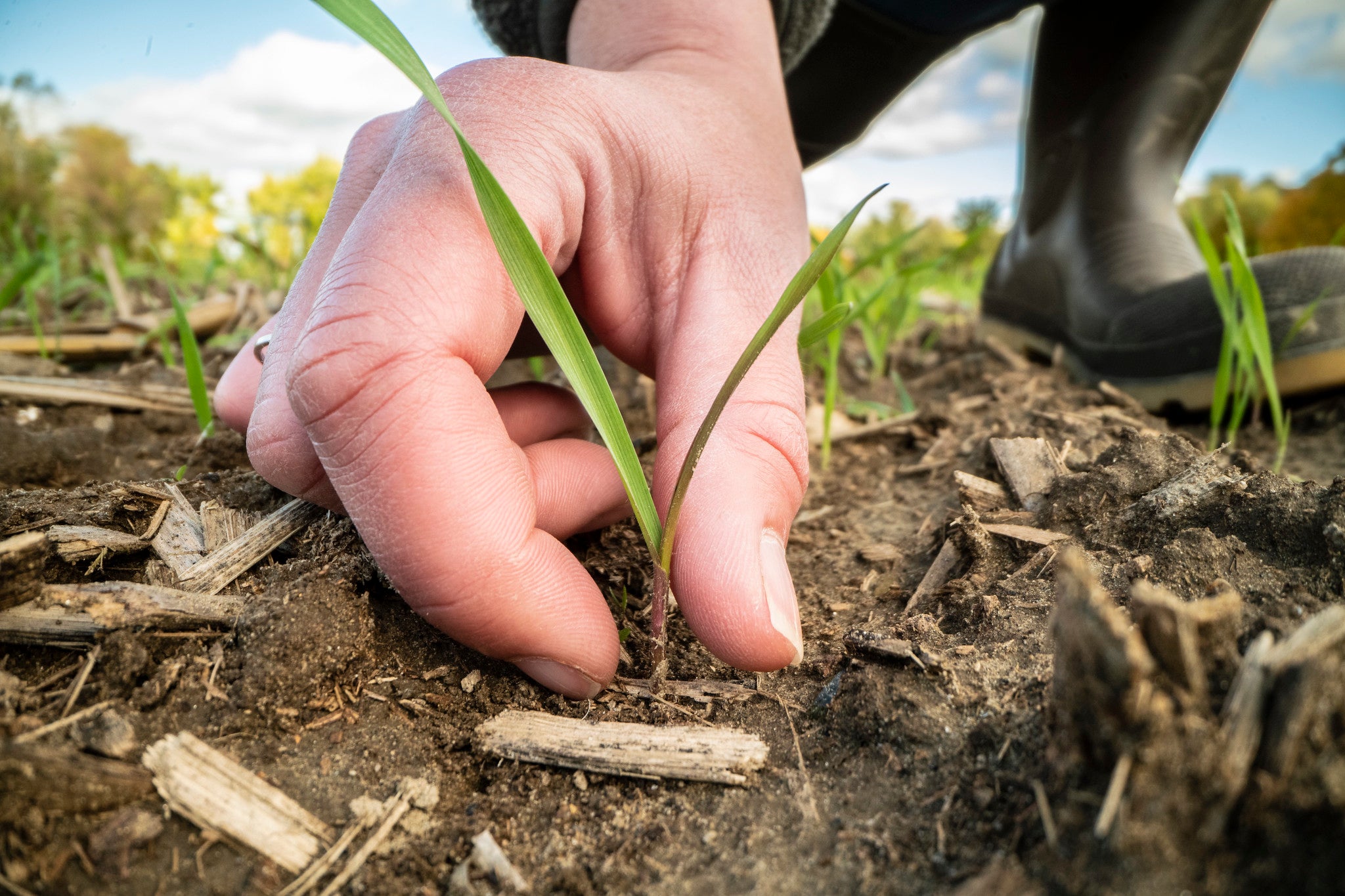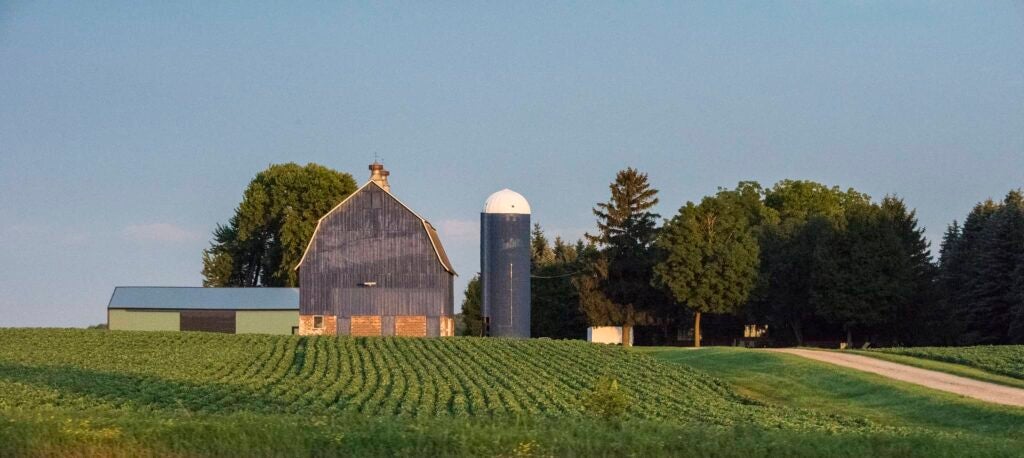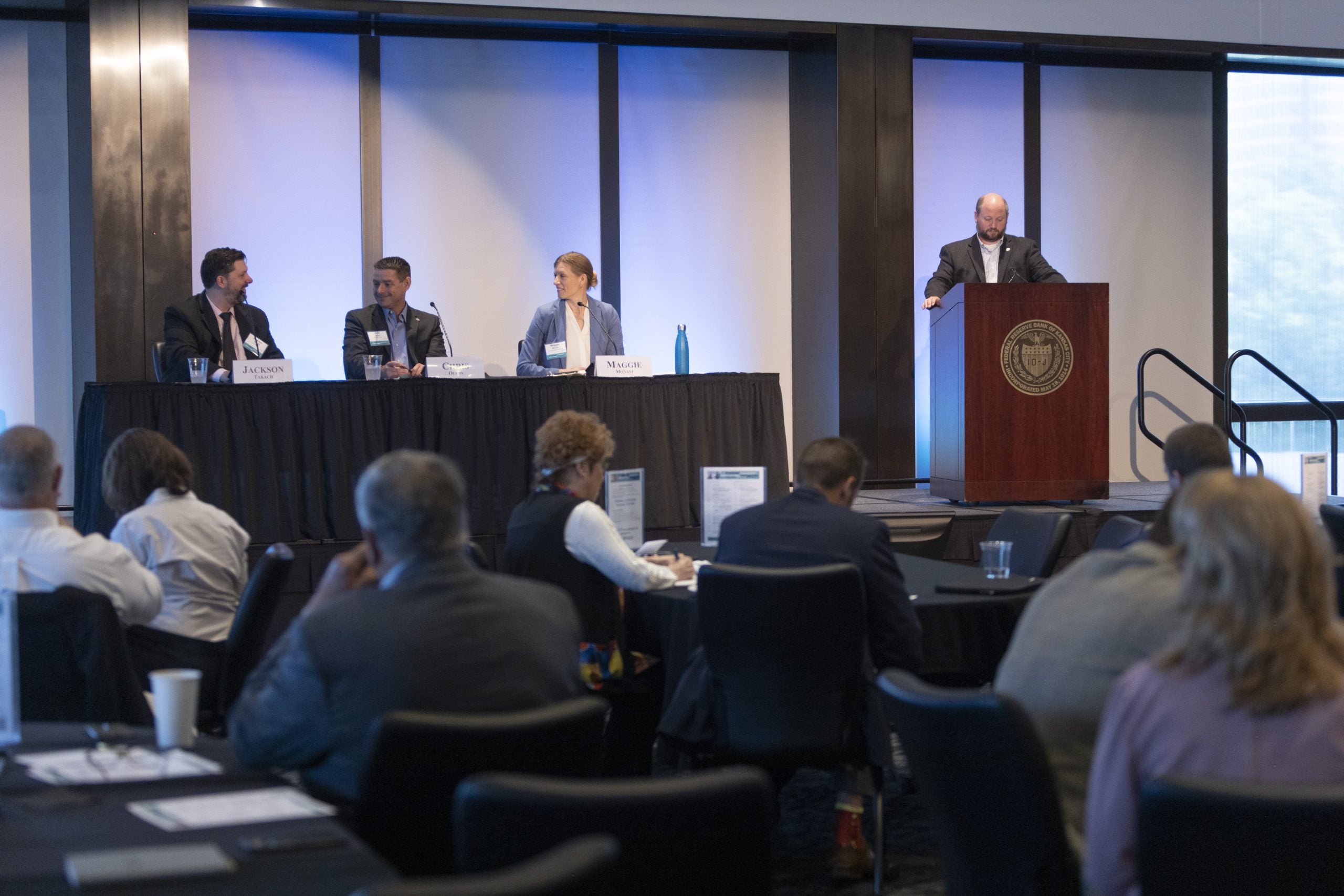The widespread adoption of regenerative agriculture practices in Europe could strengthen crop resilience to extreme weather and support the long-term sustainability of farms, communities and ecosystems – an urgent need as the region faces record-breaking heatwaves. Despite the benefits of adopting cover cropping, no-till, nutrient management, alternative manure management and other regenerative practices, many farmers are hindered by financial barriers, including high up-front costs and risks.
These transition costs coincide with a major financing gap. A 2023 analysis from the European Investment Bank estimates that agriculture in the EU has a financing gap of up to €62 billion ($73 billion). Research by the Soil Association Exchange with farmers in the UK found that 66% of farmers agree that financial and business risks are barriers to transitioning to farming systems that prioritize climate and nature, and 60% lack the financial flexibility needed for experimentation and learning during the transition process.
We’ve conducted similar research in the United States, finding that more than half of farmers in Iowa – the highest producing state for many commodity crops – are interested in transition loans paired with other incentives to support them in adopting soil health practices.
Farmers’ financial partners – commercial and agricultural banks, lenders that provide farm loans, and food and agriculture companies that buy farmers’ products – have an important role in supporting the transition to regenerative agriculture.
Recently, EDF, Opterra and EIT Food co-hosted a roundtable bringing several leading agricultural banks together with food and agriculture companies in Europe to explore how they can collaborate to co-finance regenerative agriculture. What we learned can help accelerate regenerative agriculture in Europe and beyond.
Food companies and banks have complementary motivations to finance regenerative agriculture
Food and agriculture companies and agricultural banks have complementary business drivers and strengths that support their collaboration. Many food and agriculture companies have set environmental targets for the agricultural products they source and have already established programs offering incentives and technical support to farmers who improve environmental outcomes. They are also motivated by the opportunity to build resilience in their supply chains as extreme weather increasingly threatens food security.
Agricultural banks offer financing that can support farmers through on-farm investments that occur over time or require substantial capital outlays. They also often have existing, close relationships with their farmer clients and insight into the entirety of farm businesses. They are motivated to support their farmer clients who want to make on-farm investments aligned with market shifts and government targets, including sustainability goals and greenhouse gas emission reductions.
When these business priorities come together, companies and banks have the opportunity to support farmers by offering holistic financial solutions in which market incentives and financing are packaged and tailored to the regenerative transition. In addition to providing better financial solutions for farmers, collaboration between food companies and agricultural banks will also expand the total amount of transition finance available to farmers. This would be a dramatic improvement to the status quo, in which farmers must try to fit together different incentives and financing that often have incompatible or burdensome requirements.
Building from examples of success
Participants in the roundtable shared existing programs and initiatives that could be learned from or expanded with a broader collaborative effort.
Across Europe, offering interest rate incentives within agricultural loans for sustainable projects is increasingly becoming the norm. For example, the Bank of Ireland has expanded its Enviroflex loan program to be available to 95% of Irish dairy farmers, and has received €30 million in loan applications to date. This financing supports the Irish dairy sector – a critical economic driver and major source of the country’s greenhouse gas emissions – to implement climate-friendly practices and technologies.
Earlier this year, the United Kingdom agricultural bank Oxbury also launched a new loan facility to incentivize and reward farmers to make sustainable changes. The Oxbury Transition Facility operates in conjunction with other financing initiatives, such as government grants and supply chain incentives, to create a blended finance model that extends the impact of multiple partners.
Additionally, the Swedish alternative finance provider Gårdskapital was created to help more farmers transition to regenerative practices and offers a variety of tailored financing options.
Value chain collaboration can drive progress
To bring financial solutions such as these and others to scale, participants weighed how they can enable greater collaboration between food and agricultural companies and financial institutions.
One key idea of interest was a blended finance facility at a landscape scale – an entity that could help convene finance providers to offer lower interest rates or take on higher-risk projects, and better align with supply chain programs and incentives in a specific region. Other opportunities that emerged for collaboration on financing or de-risking products included bi-lateral partnerships when companies’ product sourcing regions and financial institutions’ service territories have farmer customers in common.
This kind of collaboration promotes a voluntary, whole-value chain approach to advancing regenerative agriculture – one that enables farmers to make a change by supporting them through the transition.










